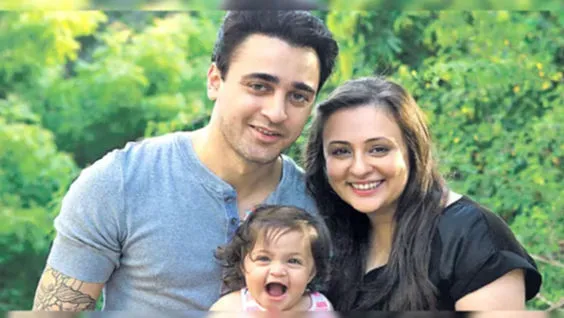Every child is unique and grows at his or her own pace, but there are some main milestones to keep a track of. During the first couple of years of a kid’s development, defects in motor function, language, and sensory perception can be easily detected. Head-banging, self-biting, and other unwanted or extreme responses to circumstances, as well as repeated outbursts that the child is unable to regulate or self-soothe, are also signs of potential behavioural problems, which often get missed.
Autism spectrum disorder (ASD) is a neurodevelopmental disability caused by abnormalities in brain function. Many children with autism spectrum disorder (ASD) show developmental delays when they are babies—especially in their social and communication skills. Because they usually sit, crawl, and walk on time, less obvious differences in the development of body gestures, pretend play, and social language often go unnoticed.
SIGNS AND SYMPTOMS:
• Lack of facial expressions by 6 months of age
• No or poor response to their name by 12 months of age
• No single word at 15 months
• Lack of meaningful 2-word phrases at 2yrs of age
• Avoid eye contact and want to be alone
• Preoccupied with self or an object
• Have trouble understanding other people’s feelings or talking about their own feelings
• Have delayed speech and language skills
• Repeat words or phrases over and over (echolalia)
• Give unrelated answers to questions
• Lack of or regression of previously acquired speech, babbling, or social skills especially between 1-2years
• Get upset by minor changes
• Have obsessive interests
• Flapping their hands, rocking their body, or spinning in circles
• Have unusual reactions to the way things sound, smell, taste, look or feel
Other early symptoms include:
• People with autism have unique brain activity, structures, and connections at a very young age
Most children with autism are not diagnosed until after age 3, even though healthcare providers can often see developmental problems before that age. It is advisable to seek medical assistance if the above symptoms are noticed at a nascent stage. As a parent, we should tackle and manage autistic kids with special attention and care. Early detection and therapy can reduce the deficits and maximise the child’s potential, as their brain growth is very rapid in the first few years of life and we can utilise this period of neuroplasticity to minimise the deficits that may occur in future. Hence it is very important to pick these early warning signs and act. But unfortunately as mentioned earlier they go miss until around 3 years or even later, either because of ignorance or lack of acceptance by parents or other elders in the family.
HOW TO MANAGE AN AUTISTIC CHILD
Working with children with autism can be challenging and also quite rewarding. Children with ASD may have difficulty developing language skills and understanding what others say to them however, they can learn to pay attention and can get better at it with practice. As they say, management of children is not just treatment of that child but also the parents as the child is dependent on them, so unless they are on board and understand the seriousness of the situation, we will not be able to make any difference for the child. The other big challenge we face in day-to-day practice is the expectation of parents, they want their child to walk on the same path as most of the other children which leads to stress in parents that then gets transferred on to the child as he/she is expected to perform beyond their capacity. This is actually detrimental as it leads to behavioural issues that hamper the child’s development further. Once the parents and society accept that the child is going to pave his/her own path, have their own abilities and limitations; and also be involved in therapy, giving the right support and guidance, the child will be able to have a good functional life in future. There is research evidence that states that involving parents in the therapy has better outcomes for children with Autism, hence we incorporate parental training as part of our management of Autism that empowers the parents to be able to connect with their child and make progress.
The writer is Consultant – Child Development, Aster CMI Hospital.
Once the parents and society accept that the child is going to pave his/her own path, have their own abilities and limitations; and also be involved in therapy, giving the right support and guidance, the child will be able to have a good functional life in future.























